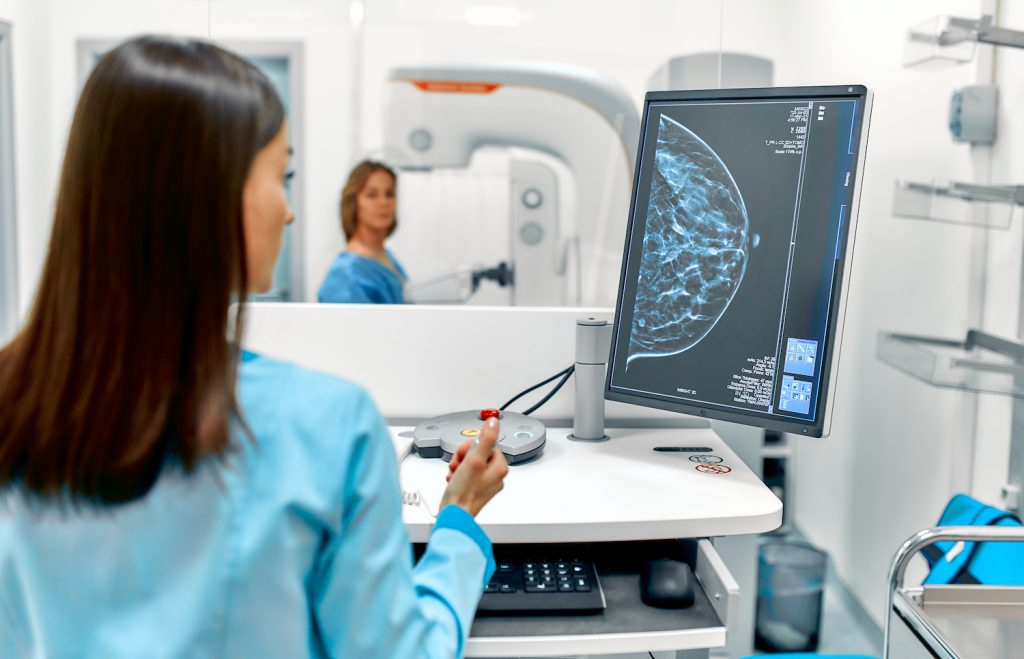Through the years, women have become more proactively aware of the different ways to stay healthy.
While before we only went to a doctor when we’re sick, now, we schedule annual physical checkups and visits. Perhaps, this change in mindset comes from an awareness of how difficult and costly it is to get sick especially when you’re a working professional. It also helps that almost all companies have mandatory physical checkups every year.
The diagnostic laboratory tests a person needs are usually tapered to the condition that he or she has. It is not cost-effective to order a lot of unnecessary tests for someone who is healthy. Ideally, one should see a physician first so he or she can conduct a complete history and physical exam on you to be able to order tests that would benefit you the most.
Here are some of the basic medical tests that we should know and what it is for:
Complete Blood Count (CBC)

A CBC is a very basic yet informative blood test that tells you whether you are anemic (low hemoglobin or hematocrit) or have an infection (white blood cell and platelet count). It also tells the doctor what kind of infection you have, whether it is bacterial versus viral.
Urinalysis
Contrary to popular belief, a urinalysis is not just for the diagnosis of urinary tract infection or UTI. It also tells us whether your kidneys are functioning properly and whether you are hydrated enough.
One way to tell if you are drinking enough water: Take a look at your pee in the toilet. If it is as clear as water and has a very light yellow color, then you are good to go!
Liver Function Tests
SGPT, SGOT, and alkaline phosphatase are a few of the blood tests that will tell your doctor that your liver is functioning well. The liver metabolizes most of the things we eat or drink. Levels will be elevated if you consistently drink alcoholic beverages, eat fatty foods, or have a liver infection. Doctors also use these tests prior to giving certain medications or to monitor drug toxicity over a period of time.
Lipid Panel
Ahh! Good ol’ cholesterol! A lipid panel shows us a picture of your good and bad cholesterol levels. When asked for a lipid panel, it is important to fast from food and drink 10-12 hours prior to your blood extraction. Fasting blood sugar, on the other hand, is 8-10 hours fasting. So if you’re going to do these tests together, best to fast for 10 hours so that you do not get a false negative or false normal result just because you overfasted.
Paps Test or Pap Smears
Anyone who is sexually active should at least get a first pap smear at age 21 or three years from the onset of sexual intercourse. One could have either an annual conventional pap smear or a liquid-based cytology (LBC) every 3 years.
Cervical cancer is one of the cancers that can be diagnosed early, through pap smears. It detects microscopic cellular changes in your cervix. Once detected, there are several other procedures your OB-GYN can do to prevent it from becoming full-blown cancer. The common notion of pap smears being painful is actually overrated. The quick, slight discomfort from a pap smear is nothing compared to the reassurance we get that everything is ok down there 🙂
More on g.spot PH:
Breast Ultrasound
This type of ultrasound is usually reserved for patients under 40 years old who need a diagnosis for a breast mass. The density of the breasts in this age group makes it difficult to use mammograms as a screening tool. However, this is also an adjunct to mammograms for aged 40 years old and above if a breast mass needs further imaging and evaluation.
Mammograms

Mammograms are imaging techniques used as breast cancer screening for 40 years old and above. Like pap smears, patients are afraid to get mammograms because of the supposed pain during the procedure. Luckily, the newer models of mammogram machines nowadays take images faster and need not squeeze (or flatten!) your glorious mounds anymore compared to 20 years ago (whew!).
Transvaginal, Transrectal, and Pelvic Ultrasounds
These types of ultrasounds scan the reproductive system and are usually targeted; they are generally not used as screening tools.
You will usually present with a symptom related to your reproductive tract before your OB-GYN will order any of these. Common symptoms include abnormal bleeding and pelvic pain.
The transvaginal ultrasound is also very vital in making the correct fetal aging during the first three months of pregnancy if you have a history of irregular periods.
A transrectal ultrasound is reserved for similar symptoms in women who have never had any intercourse or have never given birth.
These are just a few of the tests that a woman may encounter in her lifetime. We need to remember, however, that tests are adjunct to the whole picture of a disease process. A medical history and a complete physical exam are equally important to enable your physician to give you the best medical care possible.
When you see those H’s and L’s or those highlighted values in your results, remember to talk to your doctor about it. Searching for it online is alright, as long as you know that whatever it is that you read when you search in Google might not necessarily apply to you. The dictum in medicine is to “treat the person, not the labs.”
So relax (get enough rest and sleep), enjoy (exercise and eat the right kind and amount of food), and see you for your annual physical soon!






